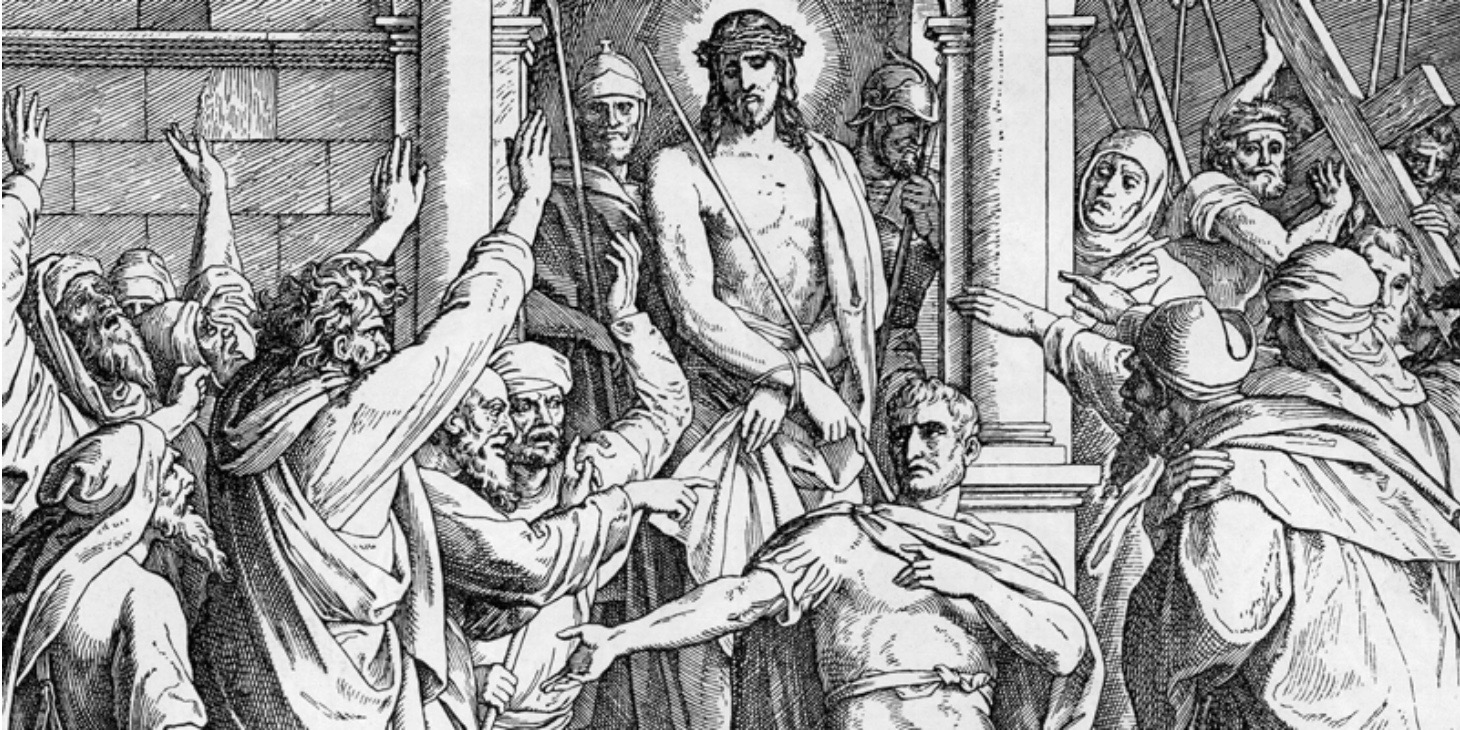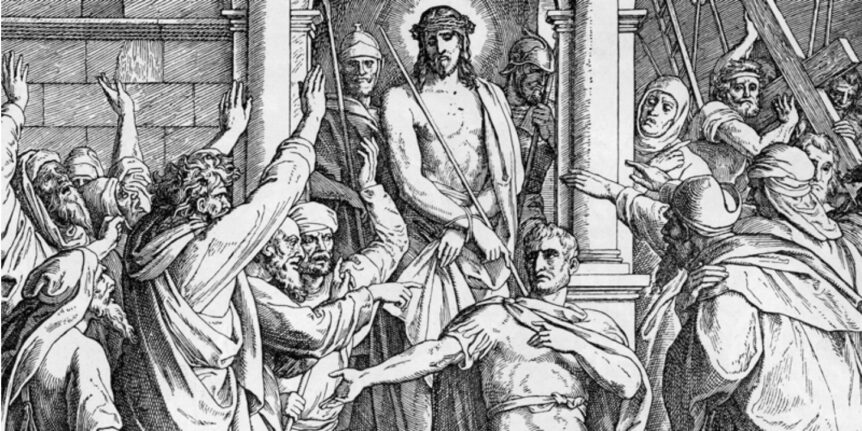
It isn’t hate to speak the truth.
I am one of those parents who didn’t let her daughter (though she begged and begged) read the Harry Potter book series when she was 10…and 11…and 12. Even though her friends were reading them. Even though the whole world seemed crazy about them, and she was an avid reader.
Why not, you ask? I had read half of the first book and found it dark—much too dark for a pre-teen. And I felt supported and vindicated in my assessment by the conservative Christian voices I was listening to, voices that warned parents the books glorified the occult.
So J.K. Rowling, the book series’ author, was from early on accustomed to receiving opposition from the conservative “right.” But wasn’t she the darling of the progressive “left?” Maybe at one time, but not anymore, apparently.
Starting in 2019, Rowling began dropping hints that she was supportive of the idea that sex is a biological reality, and that choosing to become a transgender person did not negate that biological reality. She received negative feedback, but the floodgates of negativity didn’t open until June 2020, when she added a snarky comment to a news story on Twitter that used the term “people who menstruate” to avoid saying “women.”
She wrote: “‘People who menstruate.’ I’m sure there used to be a word for those people. Someone help me out. Wumben? Wimpund? Woomud?” When a backlash ensued, she jumped into the fray, writing, “If sex isn’t real, there’s no same-sex attraction. If sex isn’t real, the lived reality of women globally is erased. I know and love trans people, but erasing the concept of sex removes the ability of many to meaningfully discuss their lives. It isn’t hate to speak the truth.”
My purpose is not to explain J.K. Rowling’s views on transgenderism, because her views are nuanced, are progressive, and they involve Twitter. And I definitely don’t understand Twitter (other than it is a rabbit hole into which I do not want to disappear.) However, I do want to commend Rowling for speaking the truth as she sees it, even though—before she wrote the first tweet—she knew she’d face intense opposition.
I had only the vaguest notion of what Rowling was going through before I listened to the new podcast series, The Witch Trials of J.K. Rowling. Six episodes have dropped, and there will be at least one more. Not having followed her story before this, if you had told me she backed down from her position, apologized, and now says “trans women are women,” I wouldn’t have been surprised. Few people can stand up to a firestorm of hostility. But J.K. Rowling, apparently, is one of the few.
She posted her “Reasons for Speaking out on Sex and Gender Issues” on her website, describing her discomfort with the United Kingdom’s decision to grant “gender confirmation certificates” to anyone who applies, without any need for hormones or surgery. She is concerned about the safety of trans-identified people, the vast majority of which “pose zero threat to others,” but who are themselves vulnerable to abuse in their sexual relationships.
“So I want trans women to be safe,” Rowling writes. “At the same time, I do not want to make natal girls and women less safe. When you throw open the doors of bathrooms and changing rooms to any man who believes or feels he’s a woman…then you open the door to any and all men who wish to come inside. That is the simple truth.”
The podcast series is about much more than just Rowling’s story. It also explores how the current “cancel culture” came about, and how the internet and social media help to form young people’s identities—and not for the better. For instance, Tumblr fosters an environment where young people create a unique identity for themselves and, seeing themselves as part of an oppressed group, then become indignant and respond with rage toward anyone who doesn’t respect that created identity.
And it is that rage, that uncivil nastiness, that is becoming the norm. It is replacing reasoned debate. On March 9, Judge Stuart Kyle Duncan, a judge of the U.S. Court of Appeals for the Fifth Circuit, who had been invited to speak to Stanford Law School by the school’s Federalist Society, was unable to give his prepared speech because of constant heckling and the yelling of personal slurs by law students who disagreed with his judicial decisions. Sarah Isgur and David French, who describe the situation in detail in two episodes (available here and here) of their Advisory Opinions podcast, deplored the lack of respect these future lawyers showed toward an invited guest.
Are we becoming a society where the people who shout the loudest are the only ones who will be heard?
In the fourth episode of The Witch Trials of J.K. Rowling, Rowling discusses this very question: “Then we come to the famous two-word slogan, the stop phrase, ‘No debate, no debate, no debate.’ We hear it all the time. That alarms me. Really alarms me. I can’t think of a purer instance of authoritarianism than ‘No debate.’ In fact, that is the attitude of the fundamentalist: ‘You may not challenge my ideas. That makes you evil. I’m righteous. I don’t have to explain my righteousness. And I am entitled, therefore, to bully you, to harass you, to silence you, to take away your livelihood, all the way up to attacking you.’”
Rowling has pointed out that her speaking out has not threatened her livelihood, and that she is actually welcoming being toppled from “her pedestal.” But it still took courage to stand up for biological reality—that “sex is real,” as she puts it. I’ve written previously about women’s sports being an uneven playing field—and a justice issue that feminists should care about deeply—if biological males are competing. Those high school and college women athletes don’t have Rowling’s platform or her power, and so she is also a voice for them.
There was a man who long ago stood up for truth despite opposition. The opposition was so fierce it led to Him being arrested and put on trial. The trial itself was a farce. I’m speaking, of course, of Jesus. His trial basically consisted of a judge—over and over—finding no reason to condemn Him to death and a horde of people shouting down the judge until he relented. Sound familiar? Reading John 18 and 19 echoes uncomfortably like modern mob rule.
Throughout His life, when Jesus stood for truth He disregarded the antagonistic shouts and threats of violence. He warned those of us who follow Him that we would also have enemies:
“You will be hated all over the world because you are my followers. And many will turn away from me and betray and hate each other. And many false prophets will appear and will deceive many people. Sin will be rampant everywhere, and the love of many will grow cold. But the one who endures to the end will be saved” (Matthew 24:9b-13, NLT).
Standing up for what is true will bring consequences. But if what is true is truly true, then those consequences are worth it. As Mahatma Gandhi (who received many consequences for his courageous stands) said, “Even if you are a minority of one, the truth is the truth.”
